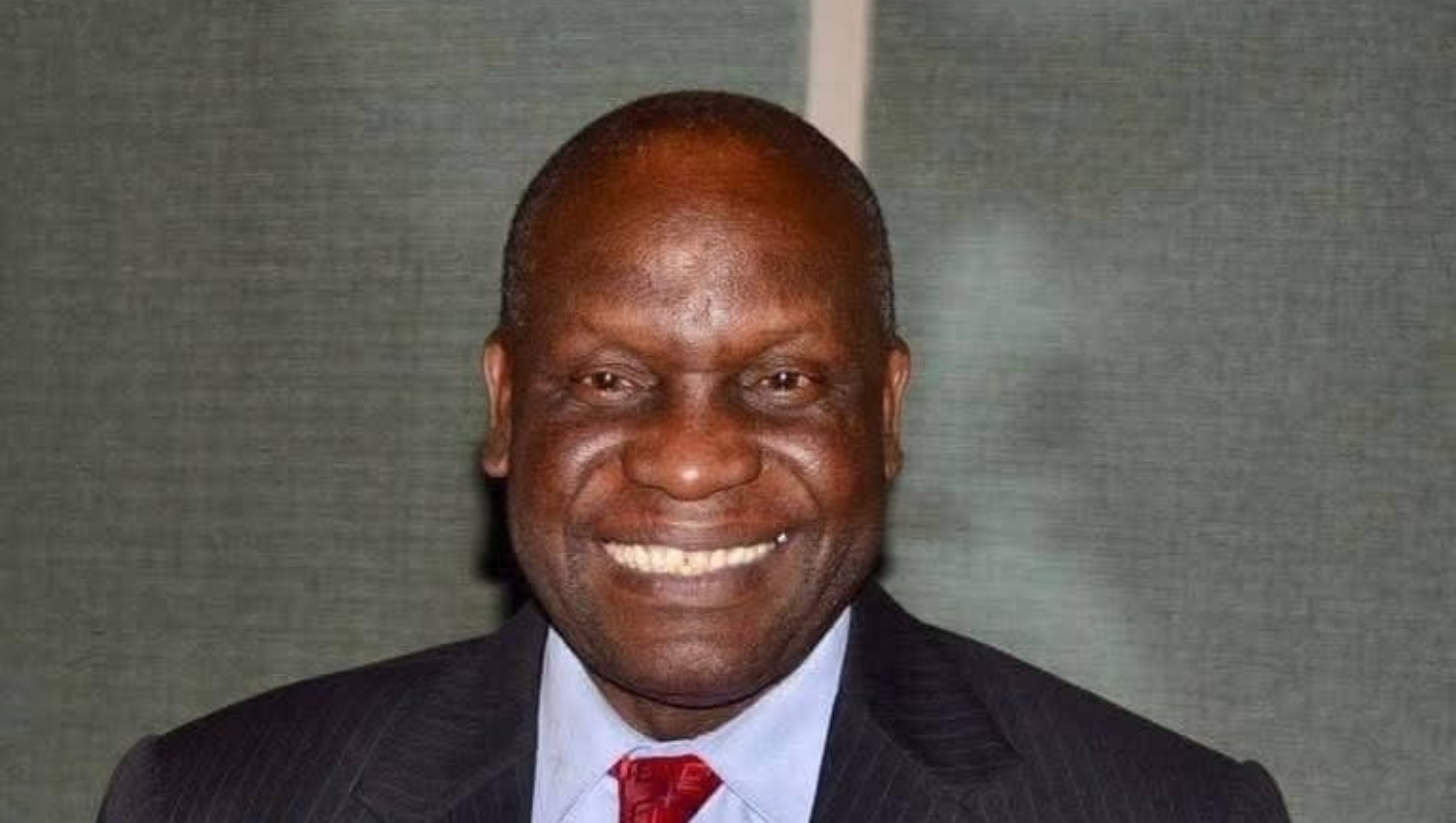SPEECH BY GUEST OF HONOUR
EMMANUEL MUMBA S.J. ON THE OCCASION OF THE LAUNCH OF THE MISA GOLDEN KEY AND PADLOCK LAUNCH REPORT, MISA HOUSE.
28TH SEPTEMBER, 2018
LUSAKA
THE CHAIRPERSON MISA ZAMBIA,
MEMBERS OF MISA ZAMBIA NATIONAL GOVERNING COUNCIL,
REPRESENTATIVES FROM VARIOUS PUBLIC BODIES PRESENT
DISTINGUISHED INVITED GUESTS,
MEMBERS OF THE PRESS
LADIES AND GENTLEMEN,
Good morning,
As I begin my speech, allow me to express my gratitude to MISA Zambia for inviting me as guest of honour to this year’s launch of the Golden Key and Padlock report and awards presentation event.
The MISA Zambia Golden Key and Padlock research is an annual study whose main objective is to establish the levels of transparency and efficiency of government and public institutions in providing information to the public.
It has its basis on the universal declaration of human rights (Article 19) which states that “everyone has the right to freedom of opinion and expression; the rights include freedom to hold opinion without interference and to seek, receive and impart information and ideas through any media and regardless of frontiers.”
Additionally the Zambian constitution in Article 20 (1) says, except with his own consent, a person shall not be not be hindered in the enjoyment of his freedom of expression, that is to say, freedom to hold opinion without interference, freedom to receive ideas and information without interference, freedom to impart and communicate ideas and information without interference, whether the communication be to the public generally or to any person or class of persons, and freedom from interference with his correspondence.
Ultimately, the freedom of opinion and expression can only be realised when those who are meant to enjoy this right have access to the information they need in order to form opinions. An individual is only able to enjoy the right to information when they are free to access relevant information. As such, access to information is the practical implementation of the right to information.
Ladies and gentlemen,
This report is deliberately chosen to be launched on the 28th September every year because it is International Right to Know day. The right to know encompasses the rights to access to information and expression, and contributes to fostering a society and government based on the values of openness, transparency and accountability. The commemoration of this day gives us the opportunity to reflect on the important role these rights play in our societies.
This report being launched today focuses on establishing the transparency and efficiency of government and public institutions in providing information to the public. The findings in this report are that there is no transparency and efficiency in providing information to members of the public.
Based on this report it is not easy for an ordinary Zambian citizen to access information from government and public institutions in Zambia. Secretive and slightly open institutions have been identified and named in this report.
Ladies and gentlemen,
It is important to note that the right of access to information is an important human right, necessary for the enjoyment of other human rights.
The right to information is essential for transparent and accountable government. The right of access to information makes possible the public involvement in formulating social policies and in the decision-making processes of governance.
The right to information can only be effectively exercised and implemented on the basis of laws, regulating this right in accordance with international standards.
In a democracy, the public must be able to assess the performance of their government. This depends on their access to information about the state of the economy, social systems and other matters of public concern. Access to information is also a key tool in combating corruption and wrong doing.
Distinguished guests,
Access to information also serves a number of other important social goals. The right to access one’s personal information, for example, is part of respect for basic human dignity, but it can also be central to effective personal decision making. Access to medical records, for example, can help individuals make decisions about their treatment, financial planning and so on.
Access to information on social protection can assist beneficiaries understand their entitlements and hence empower them to claim their rights.
Access to information can also facilitate effective business practices. Public bodies hold a vast amount of all kinds of information, much of which relates to economic matters and which can be very useful to business enterprises.
Freedom of information implies not only that public bodies should accept requests for information, but also that they should publish and widely disseminate documents of significant public interest. Otherwise, such information would be available only to those specifically requesting it, when it is of importance to everyone.
Distinguished guests and colleagues,
Citizens should care about access to information because it allows them to participate in priority setting and decision-making, to hold their government accountable, and to assure equal treatment and equal justice. Information belongs to the people; governments simply hold information in their name. With information, citizens can better secure their democratic rights.
Many countries like Zambia – who are confronted with the urgent need to improve their economy, strengthen institutions, modernise the public administration, and fight corruption – access to information can be used to achieve all of these objectives. Moreover, greater transparency can help re-establish trust between government and its citizens.
Transparency is needed to fight poverty, yet a culture of secrecy, protections by restrictive statutes impairs this possibility.
In a functioning economic system, where markets have to operate to influence the supply and demand of goods and services, information becomes an asset that can either hinder or promote viability.
Ladies and gentlemen,
Quoting the words of former UN Secretary General Ban Ki-Moon who once said: “When information flows freely, people are equipped with tools to take control of their lives. When the flow of information is hindered whether for political or technological reasons our capacity to function is stunted.”
The absence of access to information compels the media and the general citizenry to speculate which has potential to undermine their credibility or can result in legal action against them thus negating vital democratic rights.
Democracy is empty without citizens having access to information. Hence, a smart government allows for access to information. It is a right of the people.
At this juncture, allow me ladies and gentlemen to declare the 2018 Golden Key and Padlock report launched.
I thank you.









